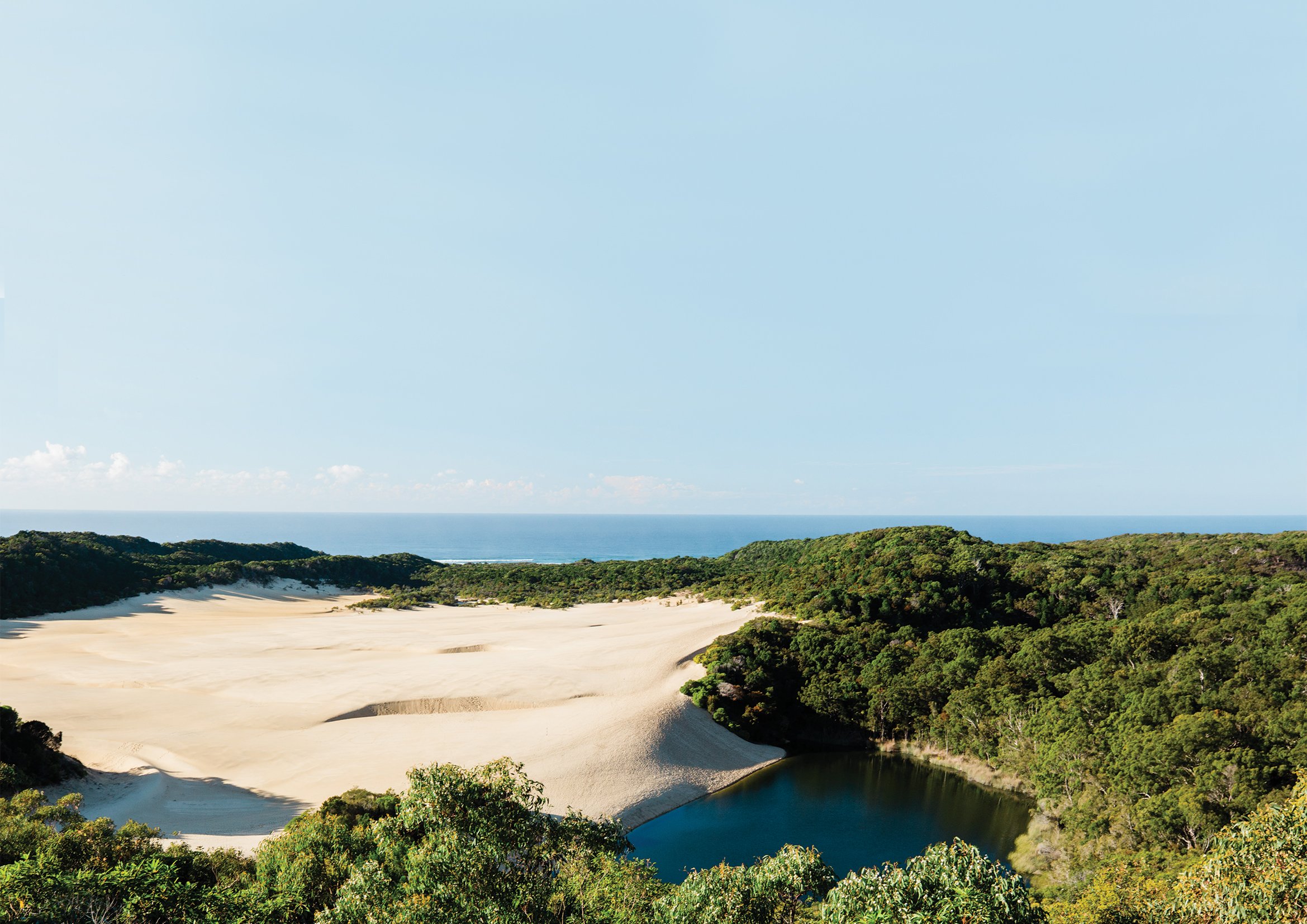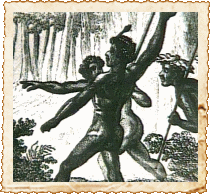
K’gari’s Indigenous History
The Butchulla people are the Indigenous people of K’gari (formerly Fraser Island). Documented early history of the people of K’gari is incomplete and open to debate and discussion. Indigenous people closely guard many of their traditions, legends and laws, and after European settlement much of the evidence of the K’gari people's way of life was destroyed either intentionally or through ignorance.
The Butchulla people were governed by standards established by the Council of Elders and generations of tradition. A Council of Elders comprised a number of mature men with only the eldest being afforded voting rights. The Council of Elders oversaw visitors to the tribal lands, giving travellers permission to enter and telling them when to leave.
The Council ensured both social and environmental laws were adhered to and was responsible for governing the totem system. Each member of the tribe was allocated a totem which represented a plant or animal. People were not allowed to hunt, eat or harm their totem or their family's totem except during war, special ceremonies or when crossing non-tribal lands.
Totems were seldom vital food sources and the totem system helped protect resources that were scarce in the area. Ceremonies, such as initiation ceremonies and corroborees, were important to the Butchulla people and their clans.
Colonisation by Europeans caused great conflicts with the Indigenous people. Clans in the area attempted to resist early European settlement by throwing spears, rocks and other weapons at settlers. Occasionally shepherds and flocks were attacked and killed.
The local settlers became wary and in 1850 police patrols were organised. Spears quickly proved to be no match against rifles and the Indigenous were forced to retreat to K’gari where patrols, who had limited bush skills, found it difficult to capture them.
Conflict and disease took their toll and by 1872 Indigenous numbers were down to 435, falling to only 230 by 1880. The last Indigenous people left the island in 1904 when the Aboriginal mission at Bogimbah was closed. They were transported to Yarrabah near Cairns and Durundur near Caboolture.
There are now only a handful of surviving descendants of the K’gari Butchulla people. Their history is an important part of K’gari and today efforts are being made to find, recognise and manage cultural sites so that future generations can learn, understand and respect the Butchulla way of life.
During corroborees, traditions and legends were kept alive through story telling, singing, dancing and music. The K’gari people did not play the didgeridoo as favoured by northern Indigenous tribes. An instrument called a bull roarer was commonly used and women would often accompany singing and music by clapping their hands on their thighs.

